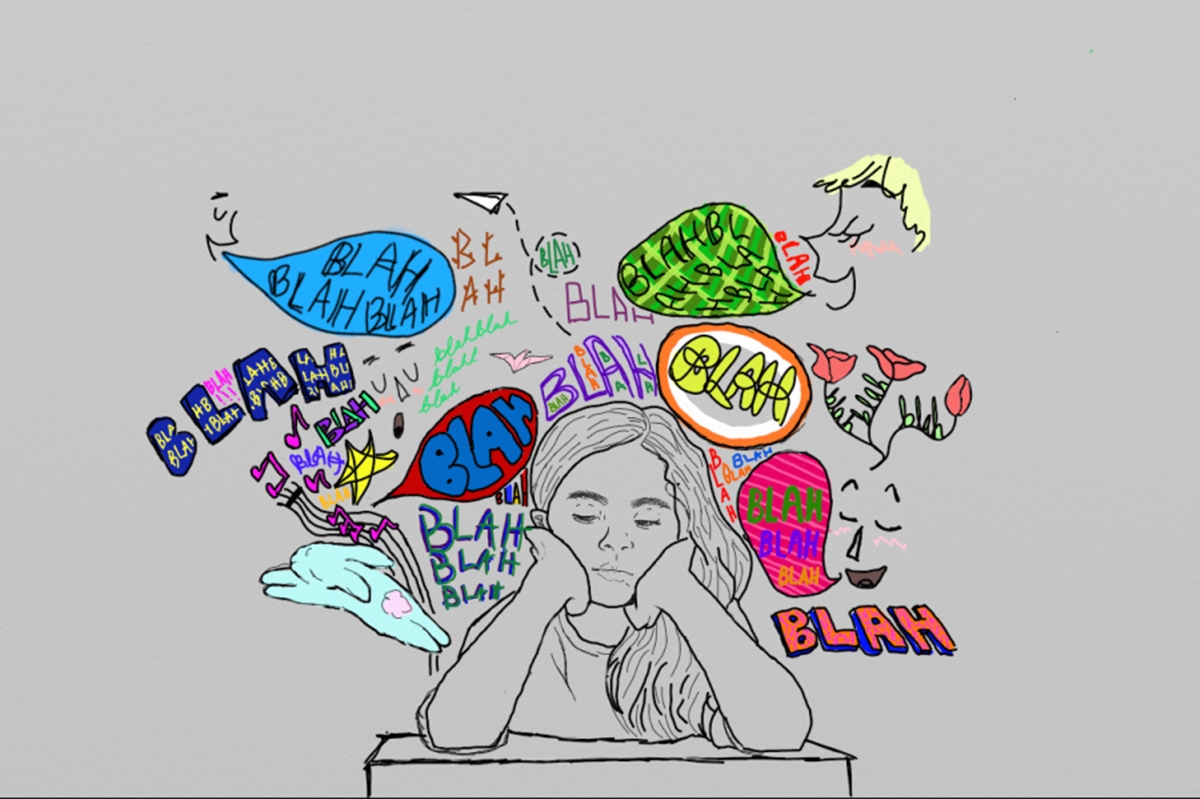Trigger Warning: Rape, Sexual Abuse, Emotional Abuse, Trauma Bonding I remember reading Catharine MacKinnon in my second semester of law…
Login to Read!
This content is restricted to site members. If you are an existing user, please log in below. Or you can can create an account here.
